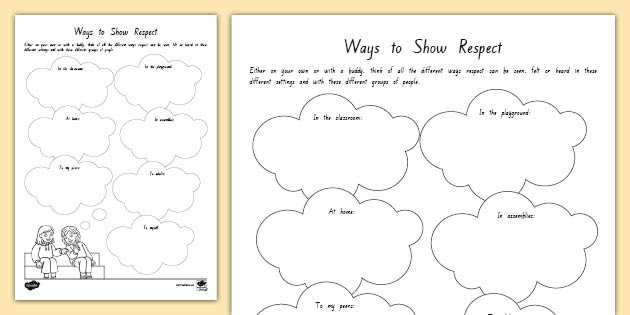Are worksheets good for kindergarten?

Are worksheets good for kindergarten?
The role of worksheets in kindergarten education has been a subject of debate among educators and parents for many years. While worksheets can offer certain benefits, they should be used judiciously to ensure a balanced and holistic approach to early childhood education.
The Potential Benefits of Worksheets in Kindergarten
Skill Development: Worksheets can help young children develop essential skills such as fine motor skills, letter recognition, number sense, and problem-solving abilities.
Structure and Routine: Worksheets can provide a sense of structure and routine, which can be beneficial for young children, especially those who thrive in predictable environments.
Assessment Tool: Worksheets can be used as a tool to assess a child's progress and identify areas where they may need additional support.
The Drawbacks of Worksheets in Kindergarten
Limited Creativity: Excessive worksheet use can stifle creativity and imagination. Young children often benefit from open-ended activities that allow them to explore and experiment freely.
Screen Time: Digital worksheets or online learning platforms can increase screen time, which can have negative implications for young children's development.
Pressure and Stress: If worksheets are used to push children to achieve specific milestones, it can lead to stress and anxiety.
Neglect of Social and Emotional Development: Overemphasis on academic skills can neglect social and emotional development, which is crucial for young children's well-being.
A Balanced Approach
To reap the benefits of worksheets while minimizing the drawbacks, it's important to adopt a balanced approach. Here are some tips:
Limit Worksheet Time: Keep worksheet time short and infrequent.
- Choose Age-Appropriate Worksheets: Ensure that the worksheets are engaging and appropriate for the child's developmental level.
- Combine Worksheets with Play-Based Learning: Balance structured activities with free play to promote creativity and imagination.
- Focus on Process, Not Product: Emphasize the process of learning, rather than the end result.
- Involve the Child in the Process: Let the child choose the worksheets they want to do, and encourage them to ask questions.
- Use Worksheets as a Supplement, Not a Replacement: Worksheets should be used as a supplement to other learning activities, such as play, storytelling, and hands-on exploration.
The Importance of Play-Based Learning
Play-based learning is a child-centered approach to education that emphasizes the importance of play in a child's development. Through play, children learn to problem-solve, collaborate, and develop social and emotional skills. Play-based learning should be the foundation of early childhood education, with worksheets used as a supplementary tool.
In conclusion, worksheets can be a valuable tool in kindergarten education when used appropriately. However, it is essential to prioritize play-based learning and to limit the use of worksheets to avoid stifling creativity and hindering a child's overall development.
By striking a balance between structured activities and free play, educators can create a rich and engaging learning environment that fosters a lifelong love of learning.
